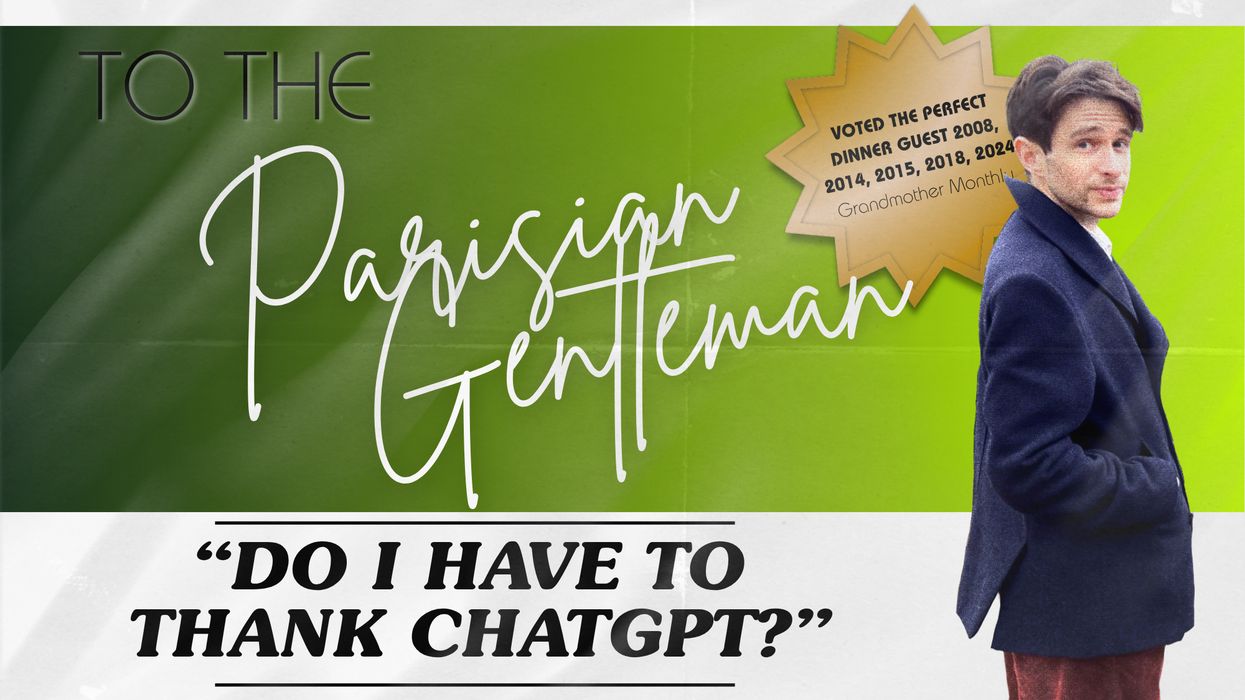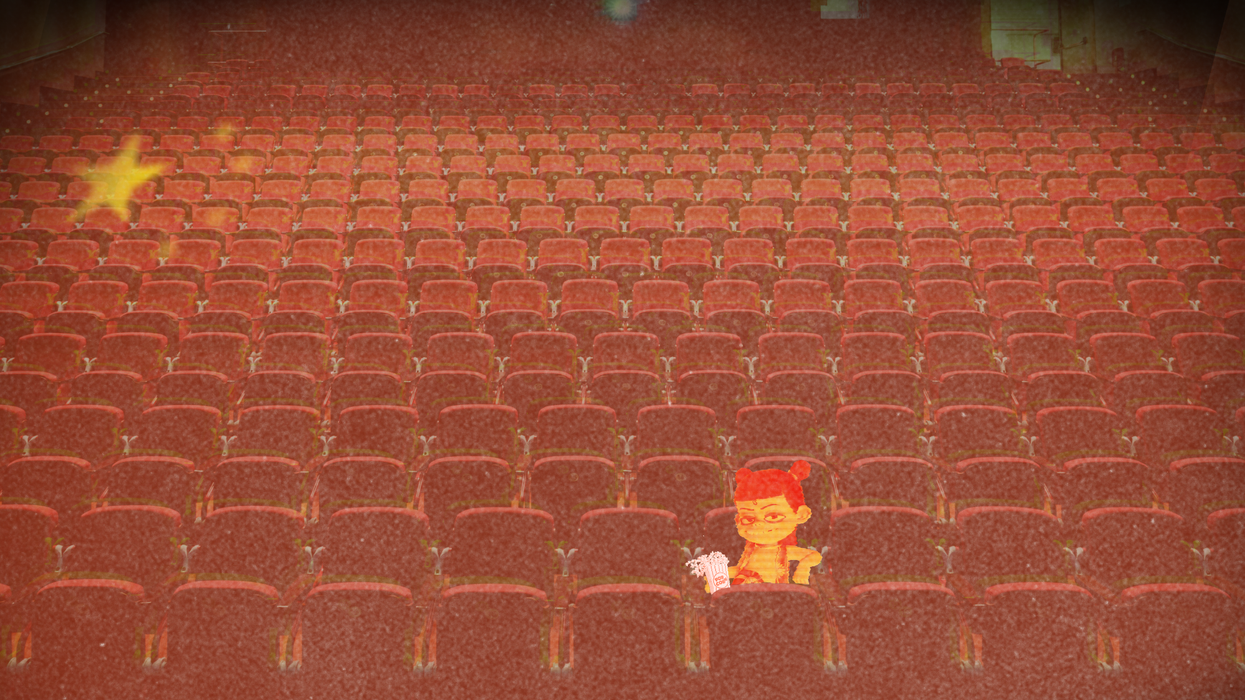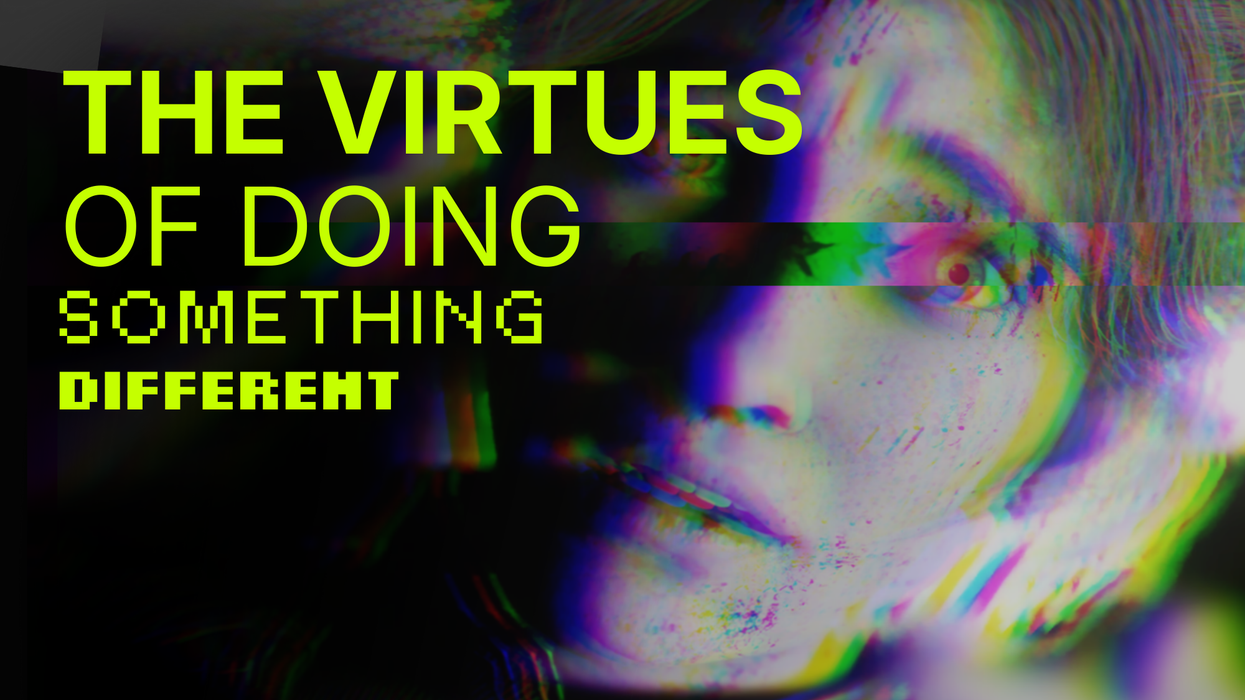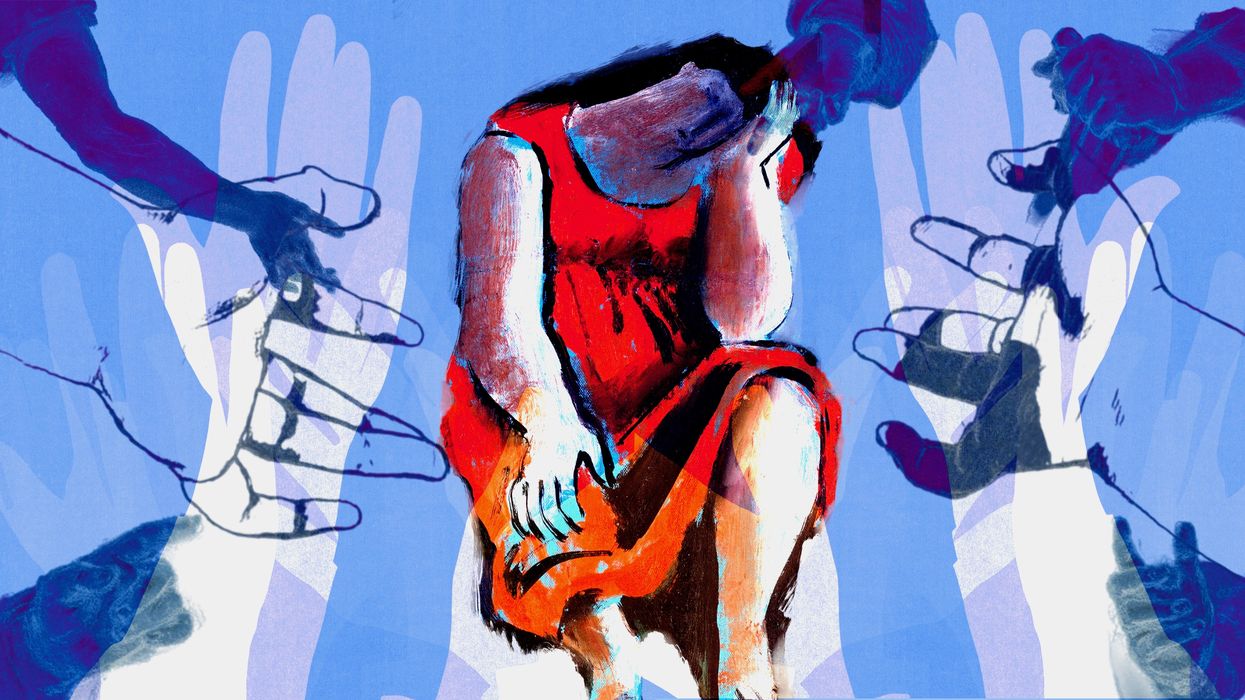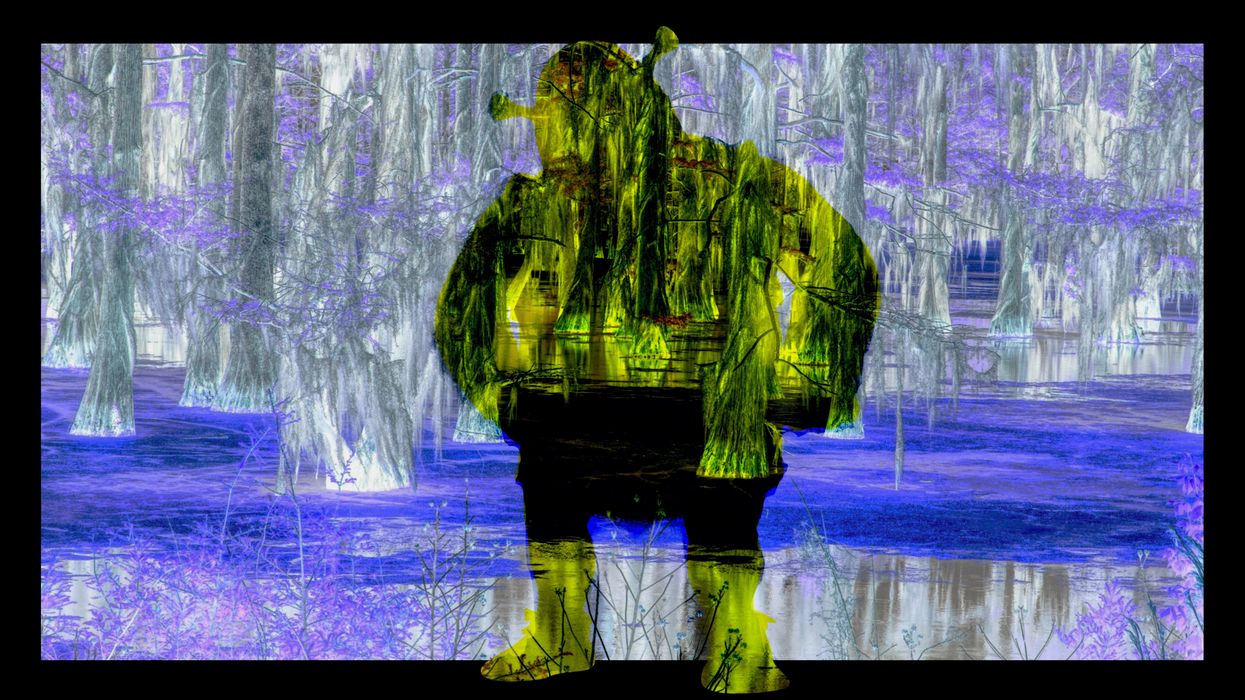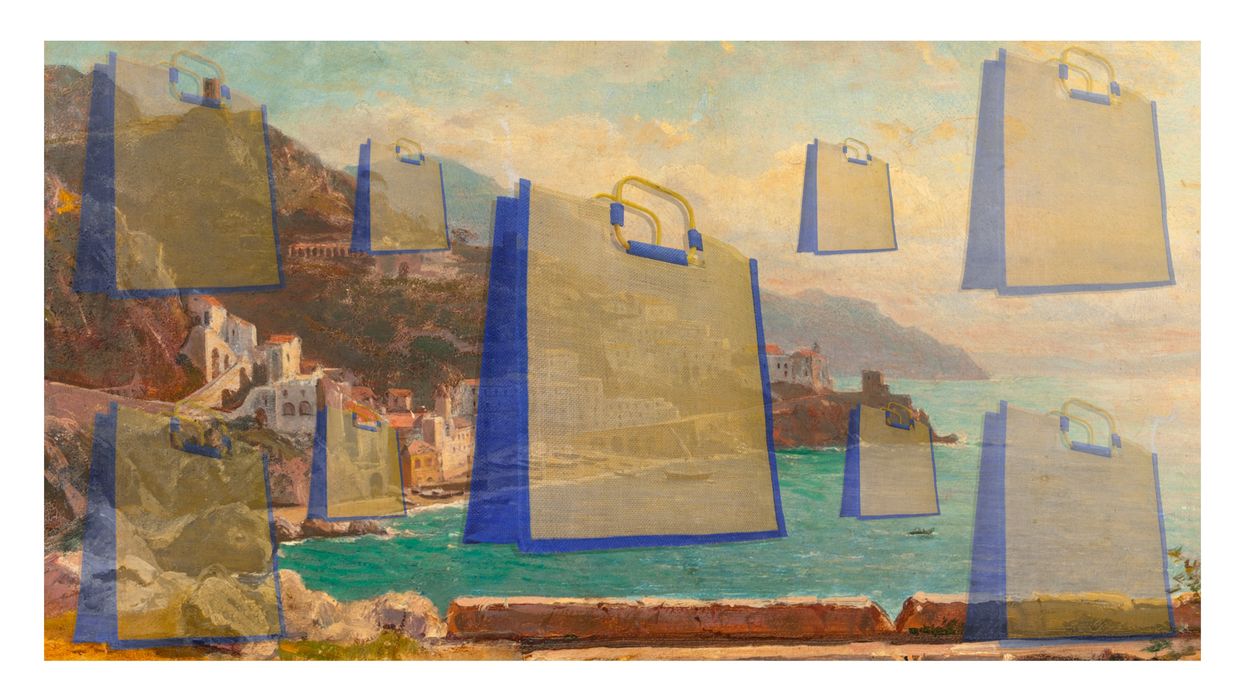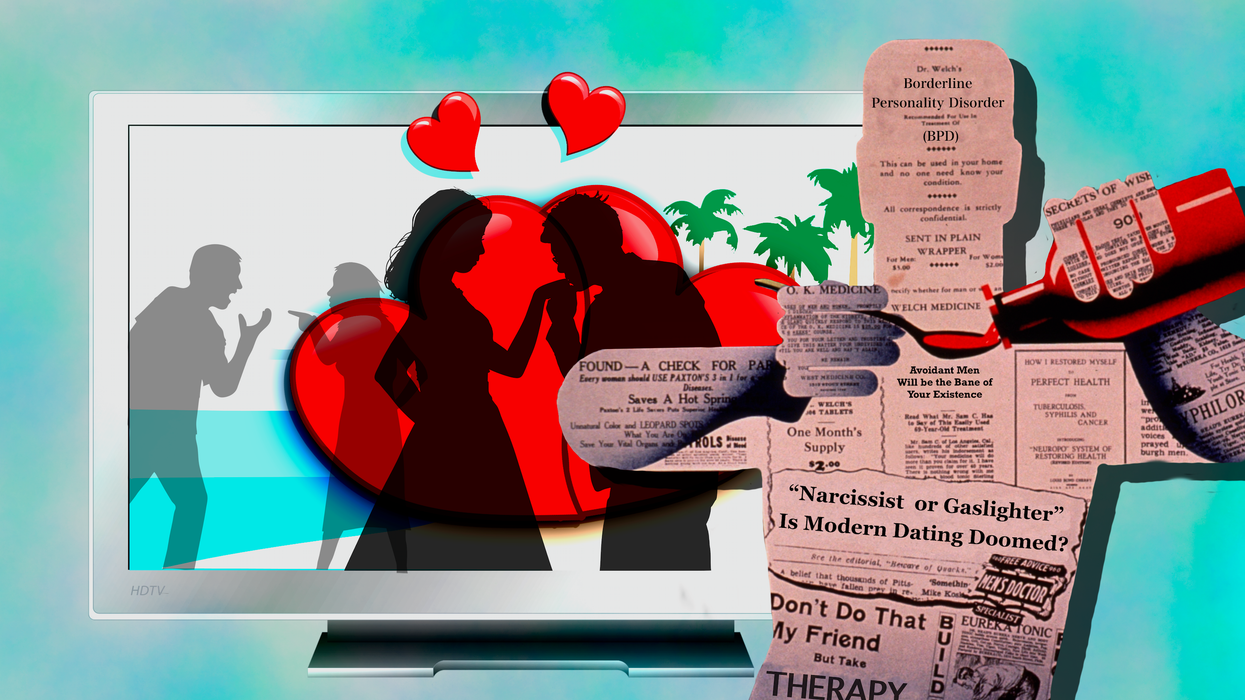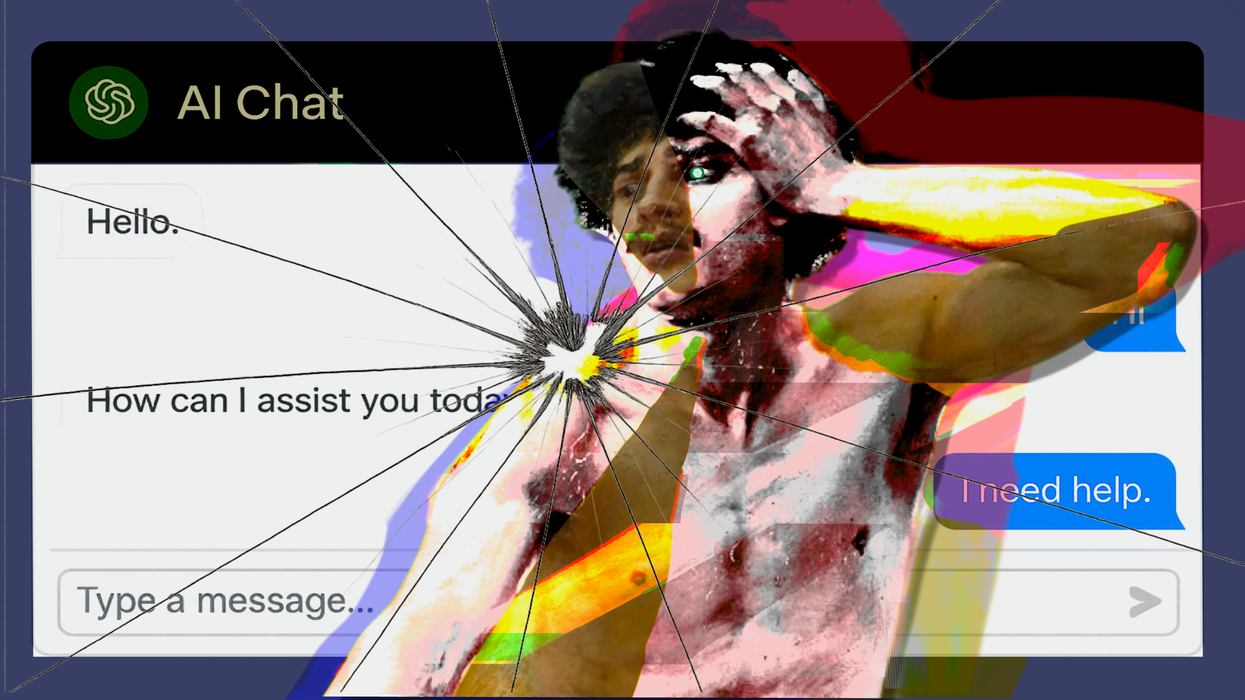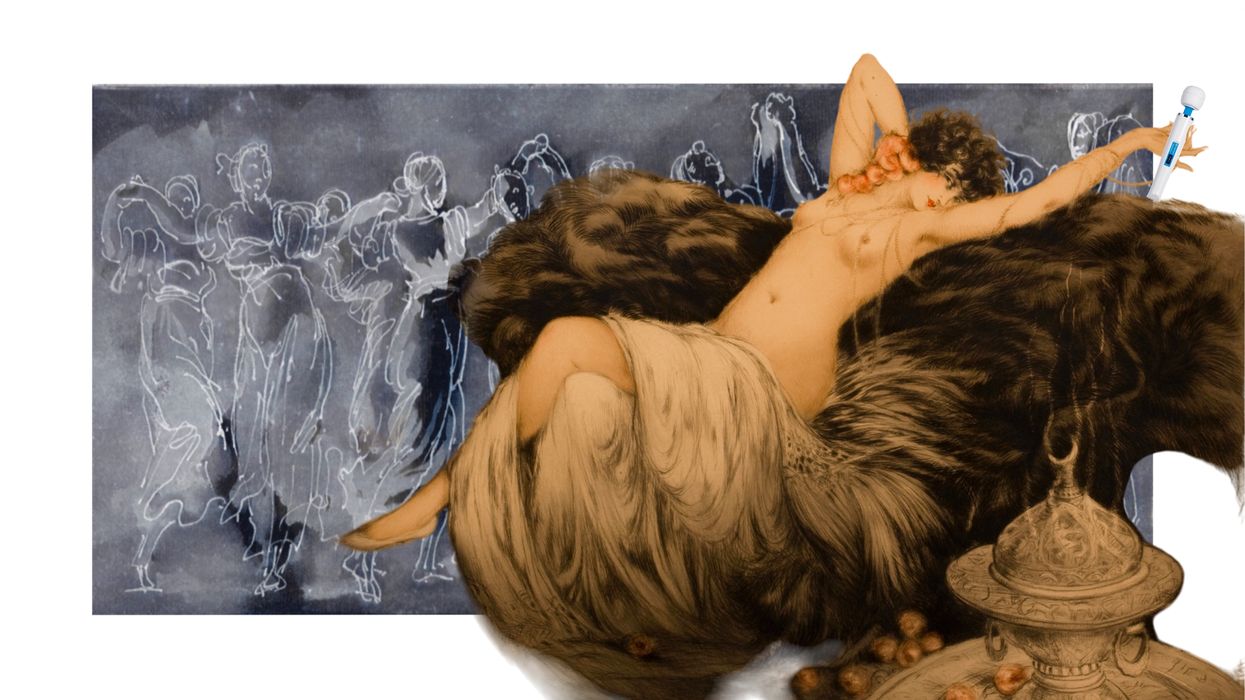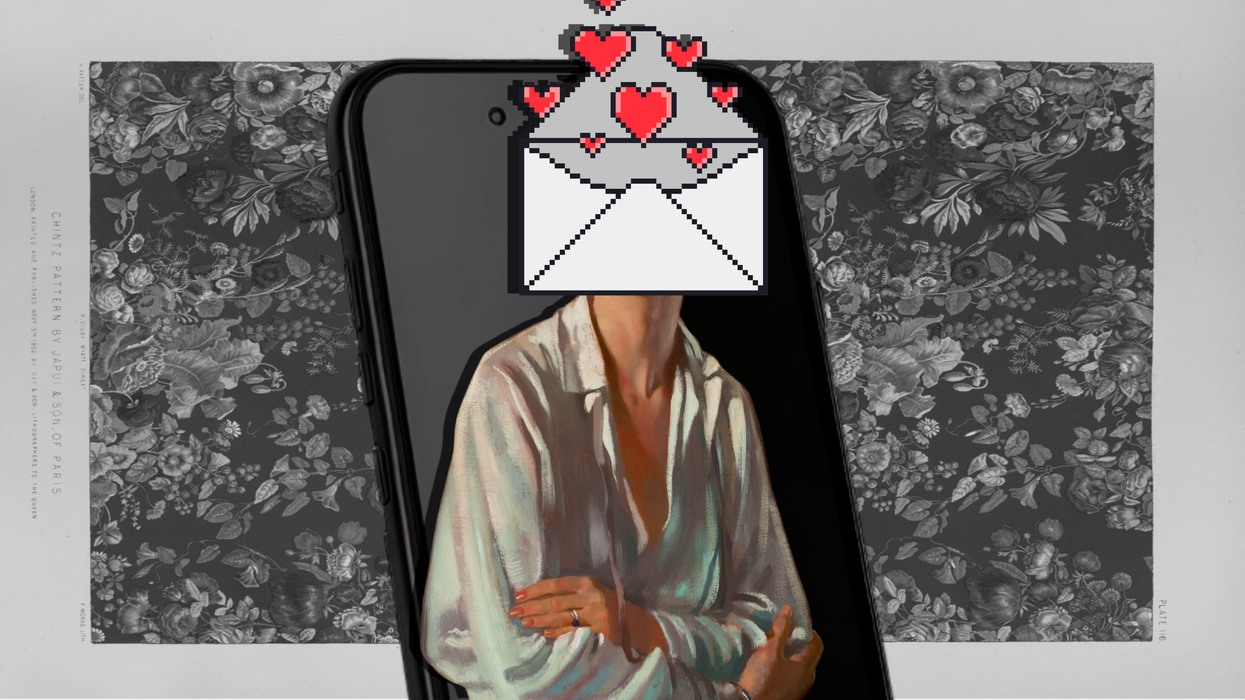To The Parisian Gentleman,
My wife insists I be nice to ChatGPT, but it's not even real or sentient. Please tell me I don't have to start saying "thank you" to the dishwasher or laundry machine either.
-Inconsiderate in Idaho
Dear Inconsiderate in Idaho,
We recently learned that "please" and "thank you" hold real monetary value in Silicon Valley, in the context of its new golden egg: Artificial Intelligence (AI). Tens of millions of dollars are spent fielding the courtesy people show to ChatGPT. Of course, the powers-that-be behind the technology were quick to defend the continued use of these words.
Why should one say "please" and "thank you"? The answer lies at the very essence of our so-called magic words. They are elemental components of an old idea: "graciousness." This idea can be defined as the various expressions of attention shown towards, and expected of, others. Graciousness is a sensibility, the awareness of awareness itself. Gratitude and an understanding of implication are its guiding spirit.
This notion is ancient, perhaps older than humanity itself. Archaeologists discovered evidence of ritualized burial among Neanderthals, bodies carefully covered in flower pollen—a gesture of gratitude transcending spoken language. The Greeks called this “xenia,” moral and spiritual imperatives governing hospitality. Myths tell of gods disguised as beggars rewarding those who showed courtesy, and punishing those who withheld it.
But we live in real, organic life, not in Ancient Greece, and not in the virtual world. Graciousness has been left to fester, its absence left unpunished, particularly in America and particularly amongst its new professional classes.
Graciousness, above all, is about intention. One must wish to be gracious in order to be so. Modern culture, pathological with its optimization and efficiency, treats every interaction as transactional. When we see others primarily as obstacles or tools, we practice a kind of casual dehumanization. These habits, once formed, shape all our interactions.
A prime example is how the upper-crusts treat wait-staff. Recently, at a friendly dinner in Paris, a new acquaintance refused to say "please" or "thank you". Instead, he snapped and waved dismissively. Even his tone was condescending. When pressed about his attitude, the offending party defended himself, even vaunting such disdain as a family trait. Zeus would not have been pleased.
With all of this in mind, shall I answer your question, Dear Reader? Should one say "please" and "thank you" to AI? In my opinion, yes. Resoundingly yes. Not because AI has feelings to hurt, but because we have habits to maintain and our humanity to carry. Gratitude is spiritually augmentative in its expression, irrespective of the ear upon which it lands.
In saying "please" and "thank you" to AI, we maintain, transmit and build upon the wisdom inherited from our forebearers. Each act of graciousness, each "please" and "thank you" offered sincerely, is a breath upon the flame keeping civilization alive, a flame whose very purpose is to remind us what it means to be human. AI, even if a simulation of intelligence, is still made in the mirror of our own. AI learns from example, as do people. The way we treat others is a mirror, and we are inviting that treatment back upon ourselves.
The question isn't whether AI deserves our courtesy, but whether we can afford to lose the practice of courtesy itself.
So yes, Inconsiderate in Idaho, your wife is right. You needn't thank the dishwasher - it's just metal and water pressure. But you do need to be the kind of person who would thank it, if it helped.
Submit your questions via DM or Carson@VextMagazine.com

